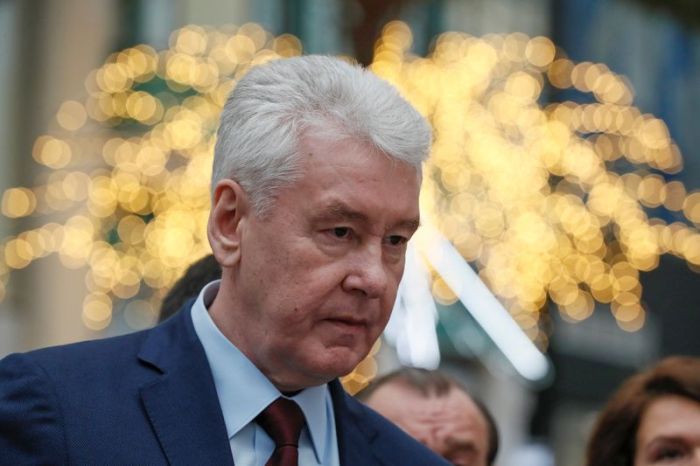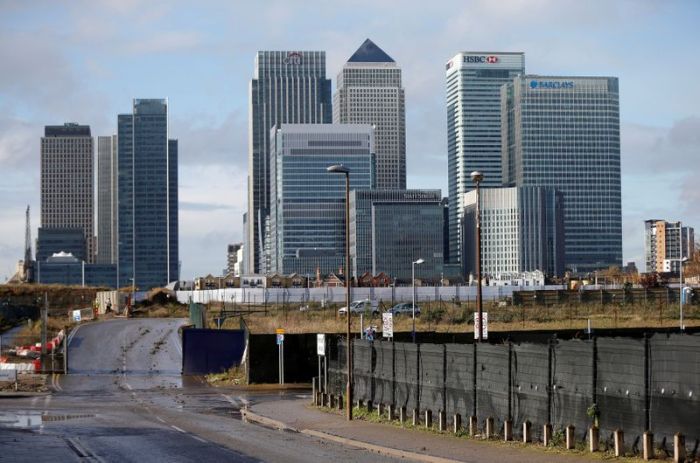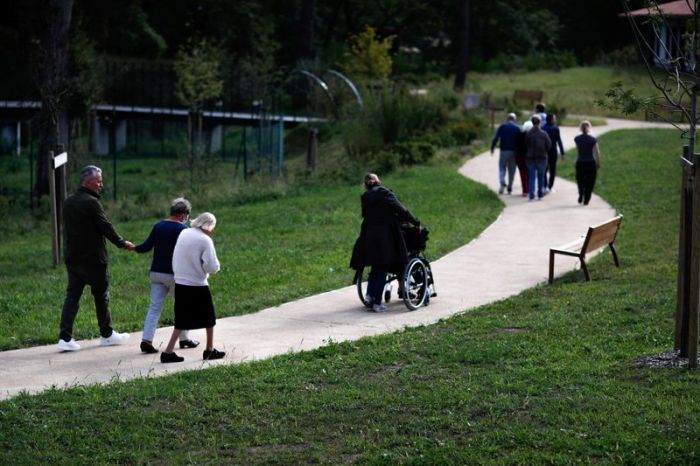LONDON (Reuters) – A British judge said on Thursday she would give her decision early next year on whether WikiLeaks founder Julian Assange should be extradited to the United States to face 18 charges including espionage.
U.S. authorities accuse Australian-born Assange, 49, of conspiring to hack government computers and of violating a secrecy law with Wikileaks’ release of confidential official communications in 2010-2011.
To admirers, Assange is a champion of free speech who exposed abuses of power. Critics say that by publishing unredacted documents, he recklessly endangered the lives of intelligence sources in Iraq, Iran and Afghanistan.
Judge Vanessa Baraitser told London’s Old Bailey Court at the conclusion of his extradition hearings that she would deliver her verdict on Jan. 4.
Assange’s legal travails in Britain date to 2010, when he began fighting an attempt to extradite him to Sweden to answer questions about allegations of sexual assault, which were later dropped.
In June 2012, he sought refuge in the Ecuadorean embassy where he remained for seven years. He was dragged out in April last year and served a jail term for violating bail, but has remained in prison after the U.S. extradition process began.
‘FIGHT FOR TRUTH’
Those hearings began in February for a week and were due to resume in May, but the coronavirus lockdown meant they were then postponed until September.
Assange’s legal team argue that the charges are politically motivated, his mental health is at risk, conditions in U.S. prisons breach Britain’s human rights laws, and he and his lawyers were spied on while he was in the Ecuadorean embassy.
The U.S. legal team has countered that many of Assange’s defence arguments are issues which should be addressed in a trial, and have no bearing on extradition.
“It’s a fight for Julian’s life, a fight for press freedom and a fight for the truth,” Assange’s partner Stella Moris, with whom he had two children while in the embassy, said outside the court.
Assange made headlines in 2010 when WikiLeaks published a U.S. military video showing a 2007 attack by Apache helicopters in Baghdad that killed a dozen people, including two Reuters news staff. The site later published vast troves of U.S. military records and diplomatic cables.
(Editing by James Davey and Andrew Cawthorne)





























